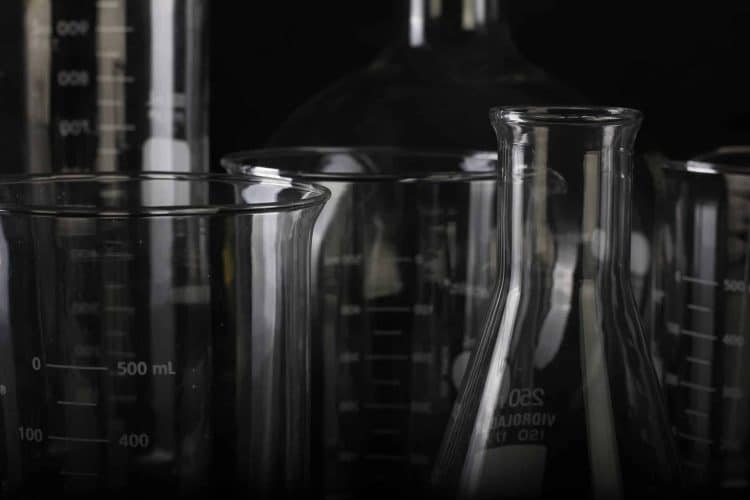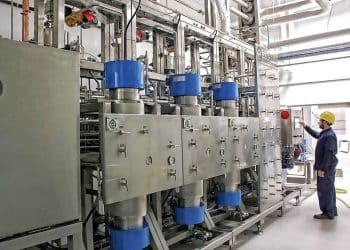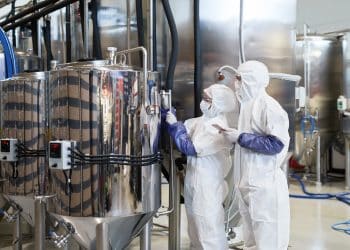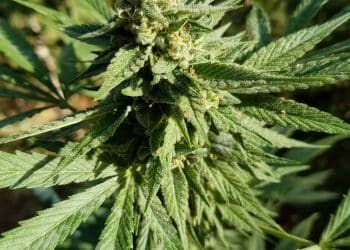Now that cannabis extracts are part of the legitimate marketplace, standards of production established by governmental and non-profit regulatory agencies are coming into play. And these standards are what will make extraction businesses safe and viewed as valid in the eyes of the world.
There are a variety of important professional and governmental certifications available for businesses involved in the manufacture of extracts and the equipment used to make these products. Because the recreational and medicinal cannabis market is still fairly new, some of these certifications are still being developed. That said, there are more than a few well-developed standards in play that every extract producer and equipment manufacturer should be aware of.
GMP
Good Manufacturing Practice refers to minimum quality standards that manufacturers must meet regarding the production and packaging of their products. Every country and economic union, including the European Union, has its own GMP guidelines which can vary widely from industry to industry.
In the cannabis extraction industry, GMP governs every step of the production process, including the grade of cannabis flowers and bio-material used, the equipment used during production and extraction, and the chemicals and gases employed. It also governs the handling of all materials and products used and produced during the extraction process as well as the products’ packaging and storage.
In many marketplaces, there are no official GMP requirements for cannabis in its many forms. However, the European Union, one of the fastest growing cannabis markets in the world, does require GMP certification, and any business looking to export its cannabis products to the EU must have its facilities GMP certified.
CE Listing
The CE mark is essentially a “passport” that allows products (non-food and non-medicinal) to be marketed and sold in the European Union. Products with this marking are said to have met EU health, safety, and environmental requirements and, with respect to the extraction industry, include pressure vessels, vaporizers, inhalers, etc..
ASME
The American Society of Mechanical Engineers inspects boilers and pressure vessels to determine whether or not they conform to its Boiler and Pressure Vessel Code, which the group has been publishing since 1914. Achieving ASME certification is an important step for any equipment manufacturer in the extraction industry because it means their boilers and vessels are safe. Any extraction business should be using ASME certified equipment for safety reasons.
UL
Underwriters Laboratory, an American certification body, dates to the 1900s and principally certifies products that have an electric component. In the extraction industry specifically, UL provides safety certification for extraction equipment, building inspection services, and security alarm service certification. The first two certifications primarily address the danger of explosion in the extraction industry due to the use of flammable fuels and other chemicals. The security alarm service certification addresses the issue of robbery and theft from cannabis businesses.
Cannabis extracts were once produced under uncontrolled and dubious conditions that were dangerous for producers and consumers of their products. However, things have changed, and the extraction industry has now moved into a world where standards matter and are slowly but surely being developed and enforced.
Image Source: https://www.pexels.com/photo/photo-of-clear-glass-measuring-cup-lot-1366942/











